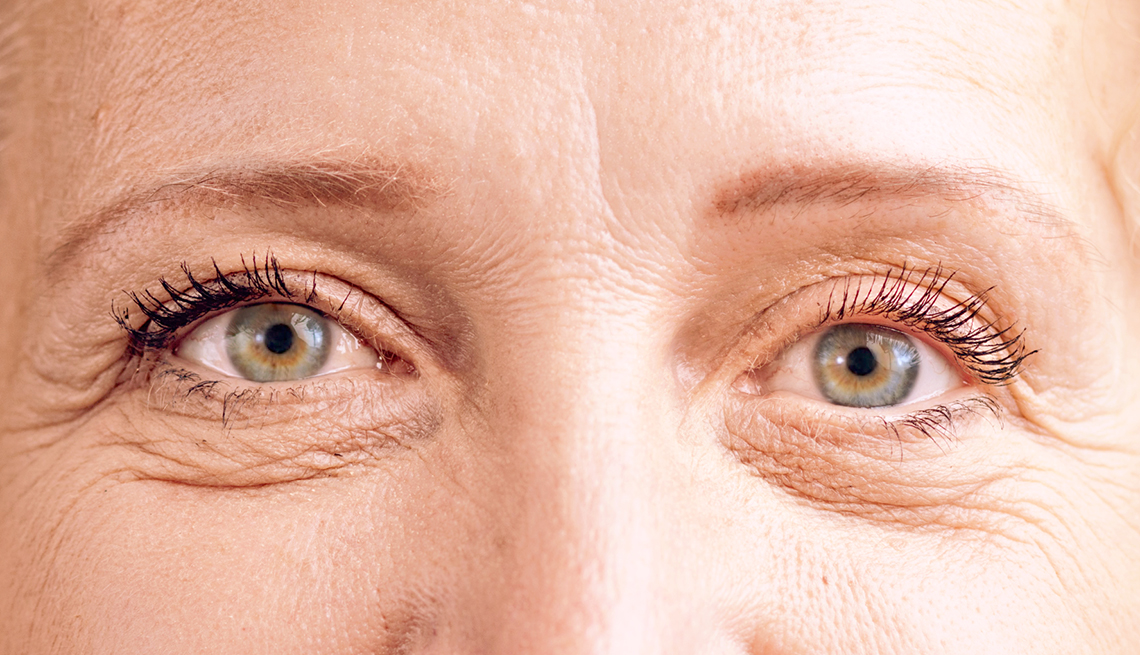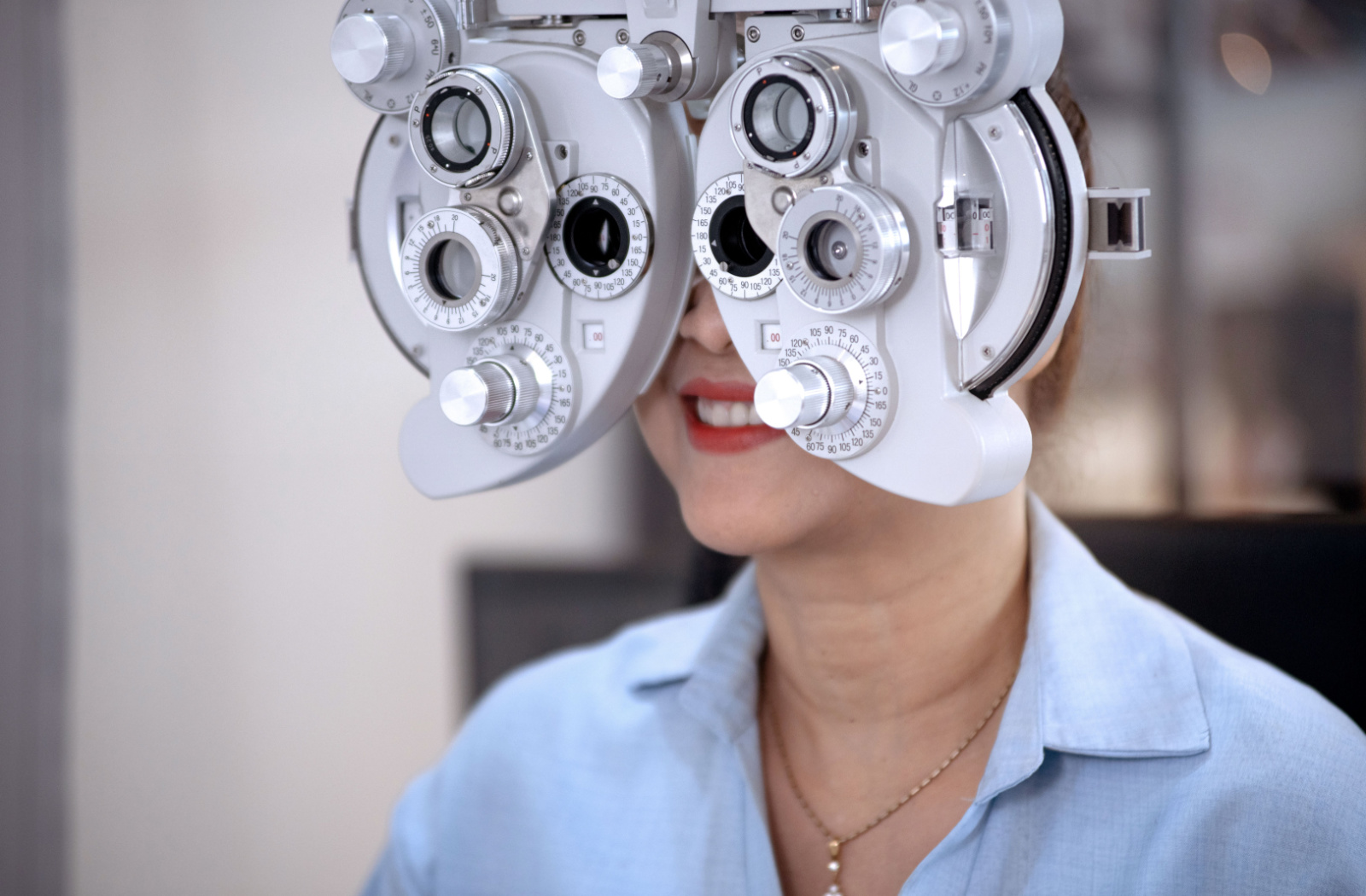All Categories
Featured
Low vision, a condition where traditional glasses, call lenses, or surgery can not totally bring back sight, can make everyday activities testing. The good news is, low vision rehabilitation uses a variety of resources to help people maintain their freedom and high quality of life. This post checks out the alternatives available for those looking for assistance in handling their visual disabilities.
What Is Reduced Vision Rehabilitation?
Reduced vision rehabilitation is a structured method to help people optimize their staying vision and adapt to brand-new ways of doing everyday jobs. Experts work with individuals to establish personalized methods, incorporating devices, techniques, and training programs that fit their special requirements.
![]()
Trick Options for Reduced Vision Recovery
Vision Enhancing Instruments
Optical Aids: Instruments like magnifiers, telescopic glasses, and special reading lenses can boost clearness for reading, composing, and other close-up tasks.
Digital Visual Help: Tools such as electronic magnifiers and portable video clip magnifiers give flexible zoom capabilities for numerous tasks.
Wearable Technology: Smart glasses furnished with electronic cameras and voice feedback offer cutting-edge options for boosting vision.
![]()
Assistive Innovation
Screen visitors, text-to-speech applications, and devices with voice commands make modern technology accessible for individuals with reduced vision.
Smartphone applications, such as navigation aids and item acknowledgment devices, assistance customers engage with their surroundings extra properly.
Training and Therapy
Alignment and Flexibility Training: Specialists show abilities for browsing rooms securely, including making use of white walking sticks or overview pets.
Daily Living Abilities Training: Recovery programs offer strategies for cooking, cleansing, and individual care, making certain that people can perform crucial jobs individually.
Aesthetic Abilities Training: Workouts designed to maximize the use of remaining peripheral vision can boost visual performance.
Ecological Adjustments
Changes to living or workspaces can dramatically boost ease of access. Instances include:
Mounting brighter lights.
Including high-contrast markings to home appliances.
Arranging furnishings to develop clear pathways.
Assistance Networks
Psychological and mental assistance is an important component of rehabilitation. Assistance groups, therapy sessions, and counseling solutions can assist individuals manage the difficulties of vision loss.
![]()
Peer networks attach people with similar experiences, cultivating a sense of area and shared discovering.
How to Gain Access To Reduced Vision Rehabilitation Provider
Low vision recovery services are frequently offered by:
Reduced Vision Clinics: Run by ophthalmologists and optometrists focusing on vision problems.
Work Specialists: Professionals in adapting tasks and atmospheres to suit private requirements.
Not-for-profit Organizations: Teams such as the American Structure for the Blind (AFB) or regional blindness assistance companies provide beneficial resources and referrals.
Conclusion
Low vision rehabilitation offers a range of sources tailored to improve performance, boost confidence, and improve high quality of life. If you or a liked one is dealing with the obstacles of low vision, take into consideration reaching out to an expert or recovery facility to check out the several alternatives offered.
What Is Reduced Vision Rehabilitation?
Reduced vision rehabilitation is a structured method to help people optimize their staying vision and adapt to brand-new ways of doing everyday jobs. Experts work with individuals to establish personalized methods, incorporating devices, techniques, and training programs that fit their special requirements.

Trick Options for Reduced Vision Recovery
Vision Enhancing Instruments
Optical Aids: Instruments like magnifiers, telescopic glasses, and special reading lenses can boost clearness for reading, composing, and other close-up tasks.
Digital Visual Help: Tools such as electronic magnifiers and portable video clip magnifiers give flexible zoom capabilities for numerous tasks.
Wearable Technology: Smart glasses furnished with electronic cameras and voice feedback offer cutting-edge options for boosting vision.

Assistive Innovation
Screen visitors, text-to-speech applications, and devices with voice commands make modern technology accessible for individuals with reduced vision.
Smartphone applications, such as navigation aids and item acknowledgment devices, assistance customers engage with their surroundings extra properly.
Training and Therapy
Alignment and Flexibility Training: Specialists show abilities for browsing rooms securely, including making use of white walking sticks or overview pets.
Daily Living Abilities Training: Recovery programs offer strategies for cooking, cleansing, and individual care, making certain that people can perform crucial jobs individually.
Aesthetic Abilities Training: Workouts designed to maximize the use of remaining peripheral vision can boost visual performance.
Ecological Adjustments
Changes to living or workspaces can dramatically boost ease of access. Instances include:
Mounting brighter lights.
Including high-contrast markings to home appliances.
Arranging furnishings to develop clear pathways.
Assistance Networks
Psychological and mental assistance is an important component of rehabilitation. Assistance groups, therapy sessions, and counseling solutions can assist individuals manage the difficulties of vision loss.

Peer networks attach people with similar experiences, cultivating a sense of area and shared discovering.
How to Gain Access To Reduced Vision Rehabilitation Provider
Low vision recovery services are frequently offered by:
Reduced Vision Clinics: Run by ophthalmologists and optometrists focusing on vision problems.
Work Specialists: Professionals in adapting tasks and atmospheres to suit private requirements.
Not-for-profit Organizations: Teams such as the American Structure for the Blind (AFB) or regional blindness assistance companies provide beneficial resources and referrals.
Conclusion
Low vision rehabilitation offers a range of sources tailored to improve performance, boost confidence, and improve high quality of life. If you or a liked one is dealing with the obstacles of low vision, take into consideration reaching out to an expert or recovery facility to check out the several alternatives offered.
Latest Posts
Full-Service Auto Maintenance at Montclare Auto Repair - Check It Out
Published Apr 19, 25
2 min read
Attain Your Monetary Desires with WyHy's Wide range Administration Provider
Published Apr 19, 25
1 min read
Auto Repair Services: Reliable Vehicle Diagnostics & Repairs !
Published Apr 19, 25
2 min read
More
Latest Posts
Full-Service Auto Maintenance at Montclare Auto Repair - Check It Out
Published Apr 19, 25
2 min read
Attain Your Monetary Desires with WyHy's Wide range Administration Provider
Published Apr 19, 25
1 min read
Auto Repair Services: Reliable Vehicle Diagnostics & Repairs !
Published Apr 19, 25
2 min read